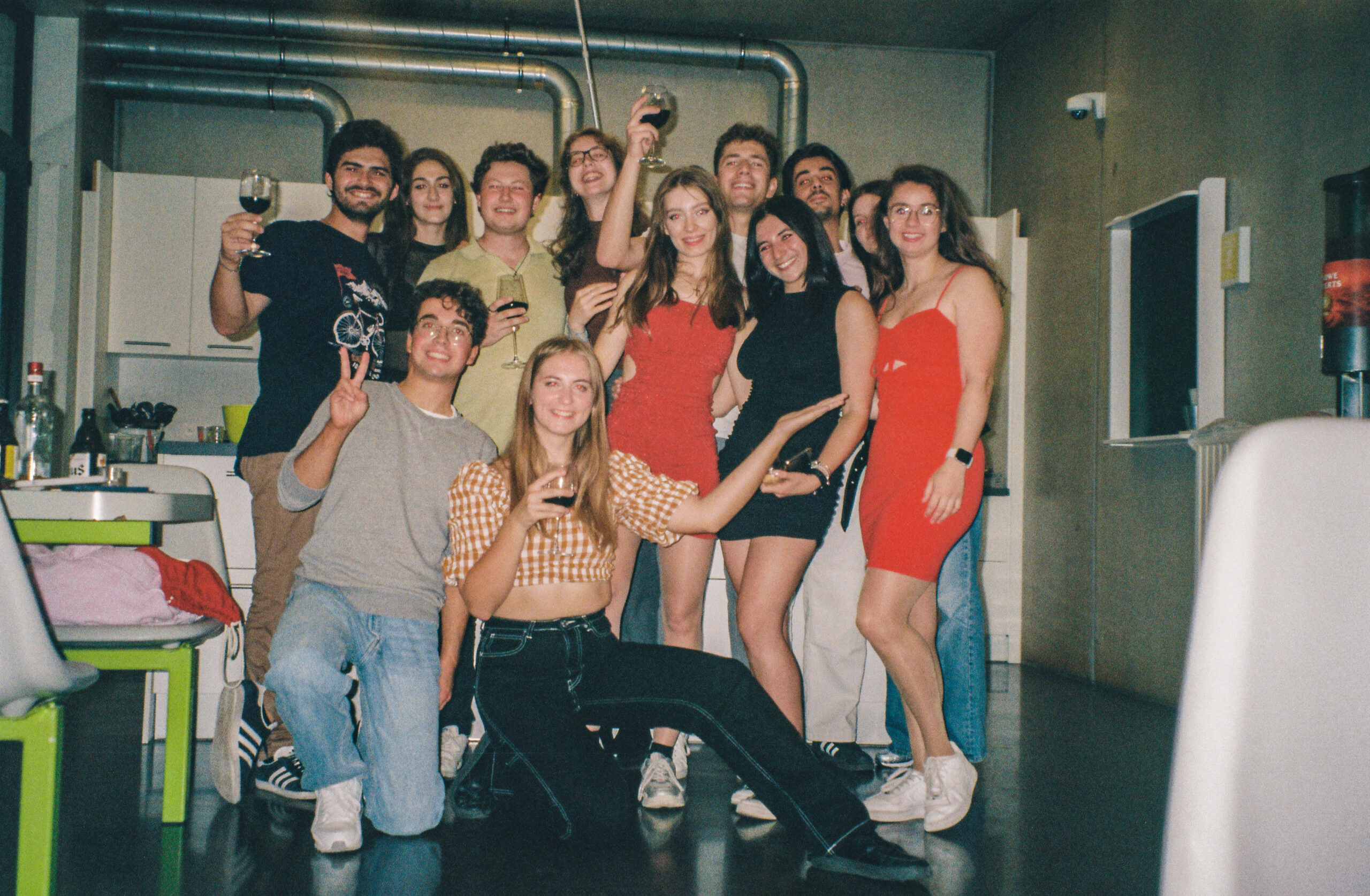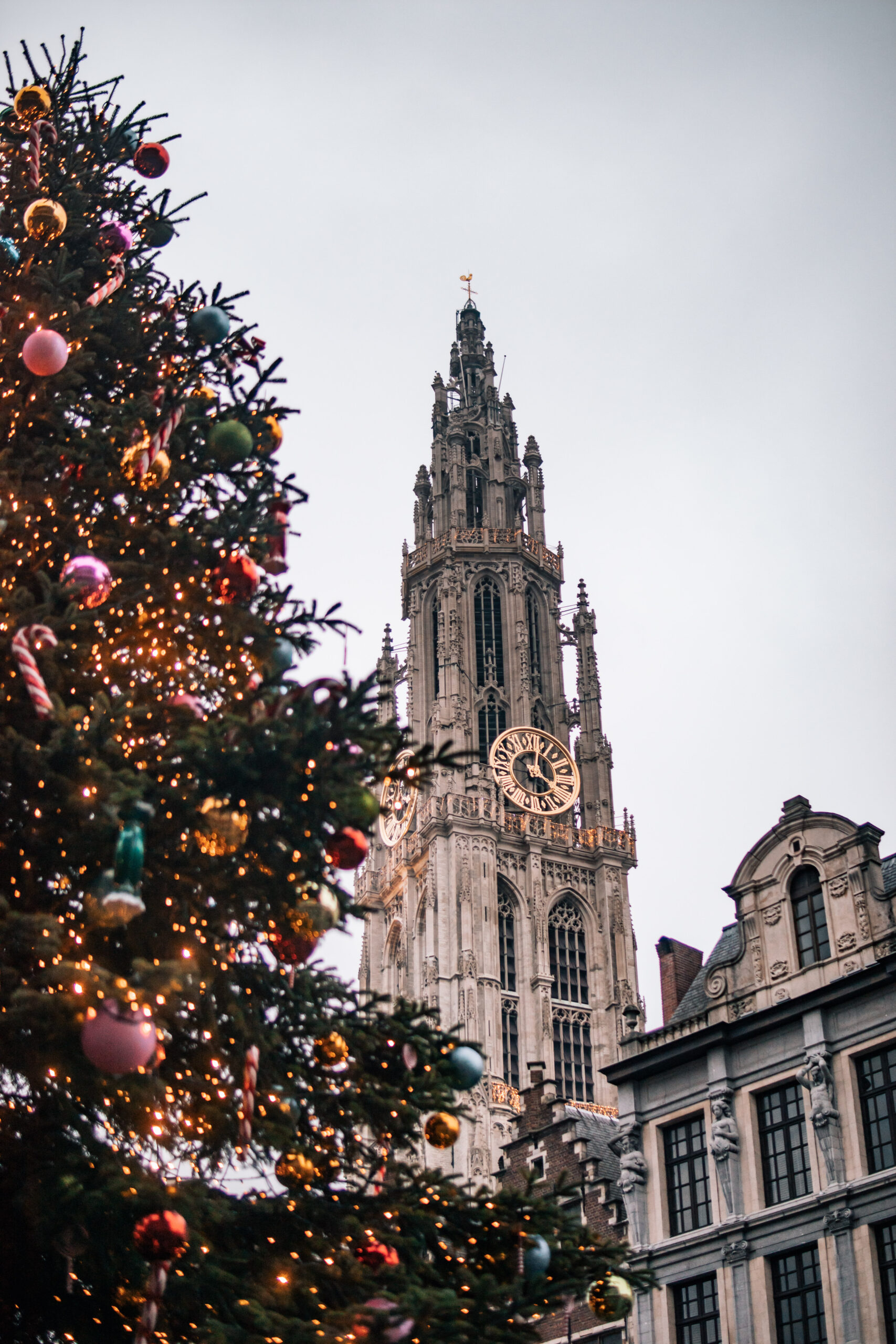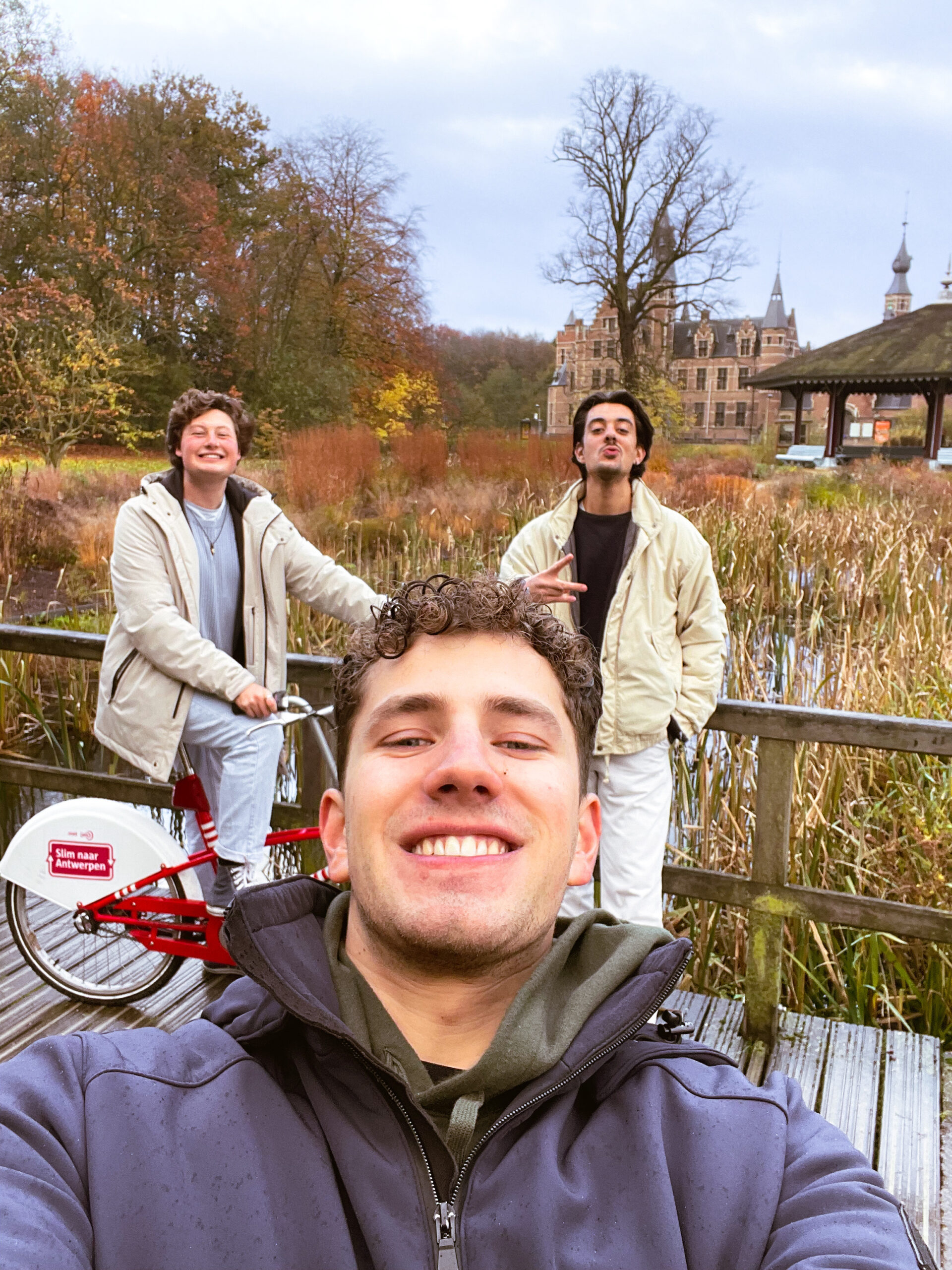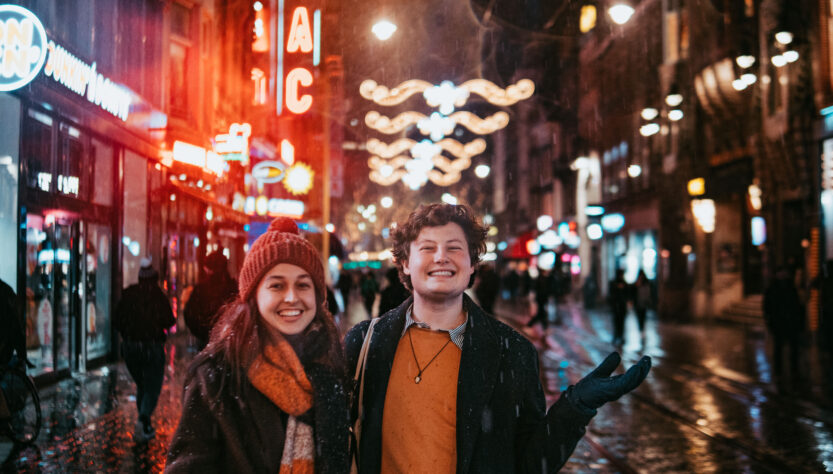Karl Voigt
BEng Electric and Electronic
Semester Exchange in the Second Semester, 2023 at University of Antwerpen
Pre-departure:
I’m an Electrical and Electronic Engineering student that undertook a semester exchange to the University of Antwerpen in Belgium in the middle of my third year. This was an amazing experience, and I don’t regret going even for a second. However, before committing to a semester exchange, there are a few things to consider. The amount of research and paperwork required to be able to go on this exchange was not only surprising but also a bit overwhelming. While I am luckily enough to have gone to Europe before and was thus aware of some of the intricacies of the visa application process, applying for a student visa has extra requirements.
Before applying for a visa, a Police Clearance Certificate (PCC) is needed from SAPS to certify that you do not have a criminal record. However, Belgium also requires that this document be Apostilled by DIRCO. I would highly recommend that you apply for the PCC even before you are accepted for the exchange as current waiting times at both SAPS and DIRCO have become extremely long. If it was not for another student being in the same position as me and going to the Criminal Records Centre in Pretoria in person to explain the situation, I would not have been able to apply for a visa in time. Make sure that you have all the required documents for the visa application process. While it can all seem daunting at first, most visa offices have checklists that you can use to ensure that everything is in order before your appointment.
Housing is another important aspect to sort out before your departure. UAntwerpen had the option of applying for housing through the university and I would recommend this option whenever possible. I received placement in a student house. In Belgium this works slightly different than the university dorms in Stellenbosch. The student houses are privately owned and smaller than the dorms we are used to. My dorm had shared kitchens and bathrooms, but individual rooms and was overall quite modern and well equipped. Unfortunately, as with many universities, the engineering campus was separate from the main campus and situated far outside the city centre. While there are housing options closer to this campus, I preferred to be situated closer to the city centre where all the hustle and bustle is. This allowed me to experience more of the culture and make friends from different campuses.

Karl with friends in one of the dorms
Experience at the Host University:
I carefully chose the University of Antwerp due to the courses they had on offer in English to exchange students. While the faculty of engineering was much smaller than Stellenbosch’s, the courses were engaging, and it allowed me to experience different teaching styles and learning environments. Due to the exchange adding an additional year to my engineering studies, I had a lot of freedom regarding my choice of modules. I ended up taking a module about mobile communications, doing a masters module focused on Low Power IOT as well as doing a bachelors project. Both the bachelors project and Low Power IOT module were mostly project based and this allowed me to gain practical insights and skills.
The exchange isn’t just a great academic opportunity, but also an amazing way to experience new places, cultures and people. Through my studies I made friends with some locals, but my closest friends were those who stayed in the student house with me. Most of the students in the student house were also on exchange, mostly from other European countries due to the Erasmus exchange program. I can now proudly say that I have close friends in many countries, ranging from Italy to Poland and even China. This allowed me to not only learn about the culture of Belgium itself, but also about all the countries people came from. PS: Belgium might be the inventor of fries, but personally I still prefer some Steers chips (or BP chips late at night).

 Pictures from Karl’s travels.
Pictures from Karl’s travels.
There is no way around it, Europe and especially Belgium is very expensive. Most European countries require some form of proof of financial means to apply for a visa. The easiest way to do this is by opening a blocked account with your host university. You pay the money needed to cover your living expenses into this account beforehand and then once a month the university pays into your European bank account (I would recommend Revolut or Wise as an easy way to open a European bank account). Each country has its own amount that it sees as sufficient to cover your expenses. In my experience, this amount is enough to cover everything from food to rent.
I would however recommend that you save some money to use for travelling. Never in your life again will you be able to take a quick 2-hour bus ride to visit Amsterdam or take a train to Paris for a weekend. This ease of travel to so many different cities and countries (thanks to the Schengen visa) made this exchange an unforgettable experience that broadens your horizons.
Return to Stellenbosch:
Upon returning to South Africa, I had to make sure that I notified the City of Antwerpen of my move abroad. I also had to cancel my medical insurance and Belgium sim card. As part of the engineering exchange, I also need to complete 600 hours of work experience in my industry. This means that the first semester I will be working and then only resuming my studies where I left off in the second semester. It is best to organize this work experience long in advance to avoid any stressful situations upon your return.

